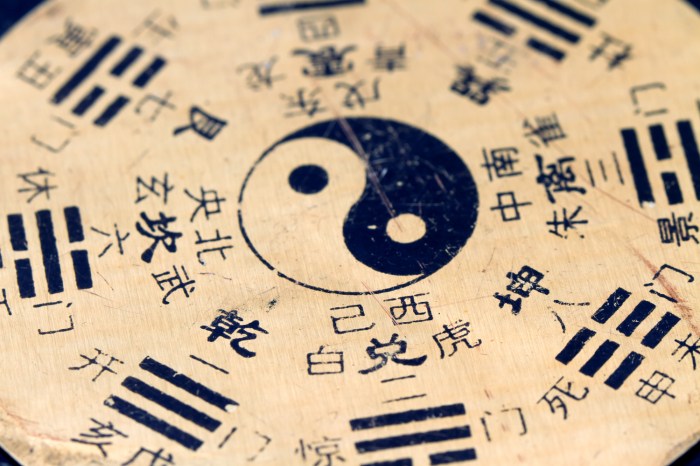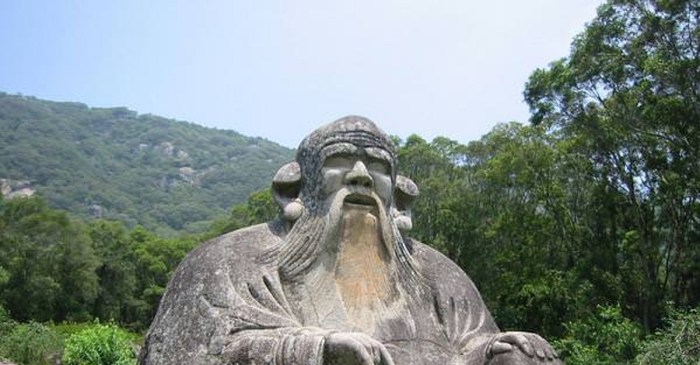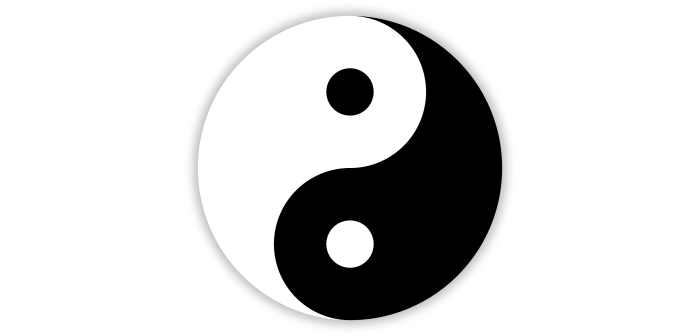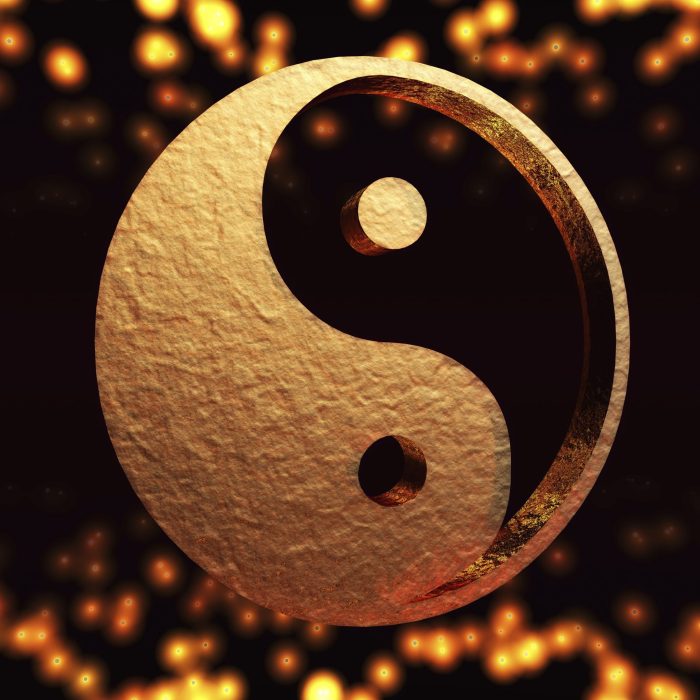Embark on an intellectual journey as we delve into the philosophy of the way crossword clue, a concept that has captivated philosophers, scholars, and seekers of wisdom for centuries. This profound philosophy offers a framework for understanding the complexities of life, guiding us through the labyrinth of existence.
Throughout history, diverse philosophical traditions have shaped our perceptions of the way, from the contemplative wisdom of the East to the rational inquiry of the West. These perspectives provide unique insights into the nature of reality, the purpose of human existence, and the path to personal and spiritual fulfillment.
Philosophy and Its Relation to the Way

Philosophy, the pursuit of wisdom and knowledge, is intrinsically intertwined with the concept of “the way.” Throughout history, philosophers have grappled with questions about the nature of existence, the meaning of life, and the path to fulfillment. In this exploration, philosophy offers a framework for understanding and navigating the complexities of life, illuminating the path towards a meaningful and purposeful existence.
Philosophy provides a critical lens through which we can examine our beliefs, values, and actions, enabling us to make informed choices and live in accordance with our principles. It encourages us to question assumptions, challenge conventional wisdom, and seek deeper truths, thereby shaping our perceptions of the way and guiding our actions.
Different Philosophical Traditions and Their Influence
Various philosophical traditions have emerged throughout history, each offering unique perspectives on the way. These traditions, ranging from ancient Greek thought to modern existentialism, have profoundly influenced our understanding of the human condition and the path to fulfillment. For instance, Stoicism emphasizes the acceptance of fate and the pursuit of virtue, while Existentialism stresses the importance of individual freedom and responsibility.
Eastern and Western Perspectives on the Way

Eastern and Western philosophical perspectives on the way differ significantly in their fundamental assumptions, methods of inquiry, and understanding of the nature of reality. These differences stem from cultural, historical, and intellectual factors that have shaped the development of thought in these two regions.
One of the key differences between Eastern and Western perspectives on the way is the role of intuition and reason. In Eastern thought, intuition is often seen as a primary source of knowledge and understanding, while in Western thought, reason is typically given more weight.
This difference is reflected in the methods of inquiry used in each tradition. Eastern philosophy often emphasizes meditation, contemplation, and introspection as ways of accessing intuitive knowledge, while Western philosophy tends to rely more on logical analysis and empirical observation.
Another key difference between Eastern and Western perspectives on the way is the understanding of the nature of reality. In Eastern thought, reality is often seen as being ultimately non-dual, or interconnected, while in Western thought, reality is often seen as being composed of separate and distinct entities.
This difference is reflected in the way that each tradition understands the relationship between the individual and the world. In Eastern thought, the individual is seen as being part of a larger whole, while in Western thought, the individual is often seen as being separate from the world.
Key Differences in the Understanding of the Way in Eastern and Western Thought
- Eastern Perspective:
- The way is seen as a path of self-realization and enlightenment.
- It is often understood through intuition and meditation.
- The individual is seen as part of a larger whole, and the way is seen as a journey of self-discovery and integration.
- Western Perspective:
- The way is seen as a path of knowledge and understanding.
- It is often understood through reason and logic.
- The individual is seen as separate from the world, and the way is seen as a journey of learning and progress.
The Way as a Path of Transformation: Philosophy Of The Way Crossword Clue

The Way can be understood as a path of profound personal and spiritual transformation. It involves a journey of self-discovery, inner growth, and the realization of one’s true potential.
Pursuing the Way requires dedication, practice, and self-reflection. Through disciplined practices such as meditation, mindfulness, and ethical conduct, individuals can cultivate self-awareness, inner peace, and a deeper connection to their authentic selves.
The Role of Practice and Discipline
Practice and discipline are essential components of the Way. Regular meditation and mindfulness exercises help cultivate present-moment awareness, reduce stress, and promote emotional regulation.
Ethical conduct, based on principles of compassion, non-harm, and integrity, fosters a sense of purpose and meaning in life. By aligning actions with ethical values, individuals can cultivate a virtuous character and create a positive impact on the world.
The Role of Self-Reflection
Self-reflection is a crucial aspect of the Way. Through introspection and self-inquiry, individuals can gain insights into their thoughts, emotions, and motivations.
By reflecting on their experiences and examining their inner workings, individuals can identify areas for growth, develop self-compassion, and make conscious choices that align with their values and aspirations.
The Way and a Deeper Understanding
Pursuing the Way leads to a deeper understanding of oneself and the world. Through self-discovery and self-realization, individuals gain a clearer perspective on their place in the universe and their interconnectedness with all beings.
The Way fosters a sense of wonder, awe, and gratitude for the beauty and complexity of existence. It cultivates a profound appreciation for the present moment and a recognition of the interconnectedness of all things.
The Way in Art, Literature, and Culture

The concept of the way has found profound expression in various forms of art, literature, and culture throughout history. Artists, writers, and cultural figures have explored and interpreted the way in diverse and imaginative ways, often using their works to reflect on the nature of human existence and the search for meaning.
In Literature
In literature, the way is often depicted as a journey or a quest, with characters embarking on physical or spiritual journeys in search of enlightenment or self-discovery. The works of Homer, Dante, and J.R.R. Tolkien are notable examples of literature that explores the themes of the way and the search for meaning.
In Art
In art, the way is often expressed through symbolism and allegory. Paintings, sculptures, and other works of art may depict the way as a path, a bridge, or a labyrinth, representing the challenges and obstacles that one must overcome on the journey to enlightenment.
In Culture
In culture, the way is often reflected in rituals, traditions, and customs. Many cultures have their own unique understanding of the way, and these understandings are often expressed through religious practices, festivals, and other cultural events.
The Way and Contemporary Challenges

In the face of unprecedented global challenges, the relevance of the Way becomes increasingly apparent. The Way offers a profound framework for navigating the complexities of the modern world, providing guidance and insights for addressing personal, social, and environmental dilemmas.
The Way emphasizes the interconnectedness of all beings and the importance of living in harmony with the natural world. In an era marked by environmental degradation and climate change, the Way reminds us of our responsibility to protect and preserve the planet for future generations.
The Way as a Guide for Personal Transformation
The Way offers a path for personal transformation and self-discovery. By embracing the principles of compassion, mindfulness, and non-attachment, individuals can cultivate inner peace, resilience, and a deeper understanding of their place in the world.
In a world often characterized by stress, anxiety, and distraction, the Way provides a roadmap for finding balance and purpose. Through meditation, contemplation, and ethical conduct, individuals can cultivate a sense of well-being and fulfillment that transcends material possessions or external circumstances.
The Way as a Catalyst for Social Change, Philosophy of the way crossword clue
The Way also has profound implications for social change. By promoting empathy, compassion, and non-violence, the Way inspires individuals to work towards a more just and equitable society.
In a world plagued by conflict, division, and inequality, the Way offers a path towards reconciliation and unity. By recognizing the common humanity that binds us all, the Way encourages individuals to transcend differences and work together for the common good.
The Way as a Source of Inspiration for the Future
The Way is not merely a philosophy of the past but a living tradition that continues to inspire and motivate individuals and communities to work towards a better future.
In an era of uncertainty and rapid change, the Way provides a beacon of hope and resilience. By embracing the principles of the Way, individuals and communities can cultivate the wisdom, compassion, and determination needed to create a more sustainable, just, and fulfilling world for all.
FAQ Insights
What is the essence of the philosophy of the way?
The philosophy of the way is a comprehensive framework for understanding life’s complexities, providing guidance for personal and spiritual growth.
How does the philosophy of the way differ between Eastern and Western traditions?
Eastern traditions emphasize intuition and experience, while Western traditions prioritize reason and logic in their understanding of the way.
What is the role of practice and discipline in pursuing the way?
Practice and discipline are essential for personal transformation and deepening one’s understanding of the way.